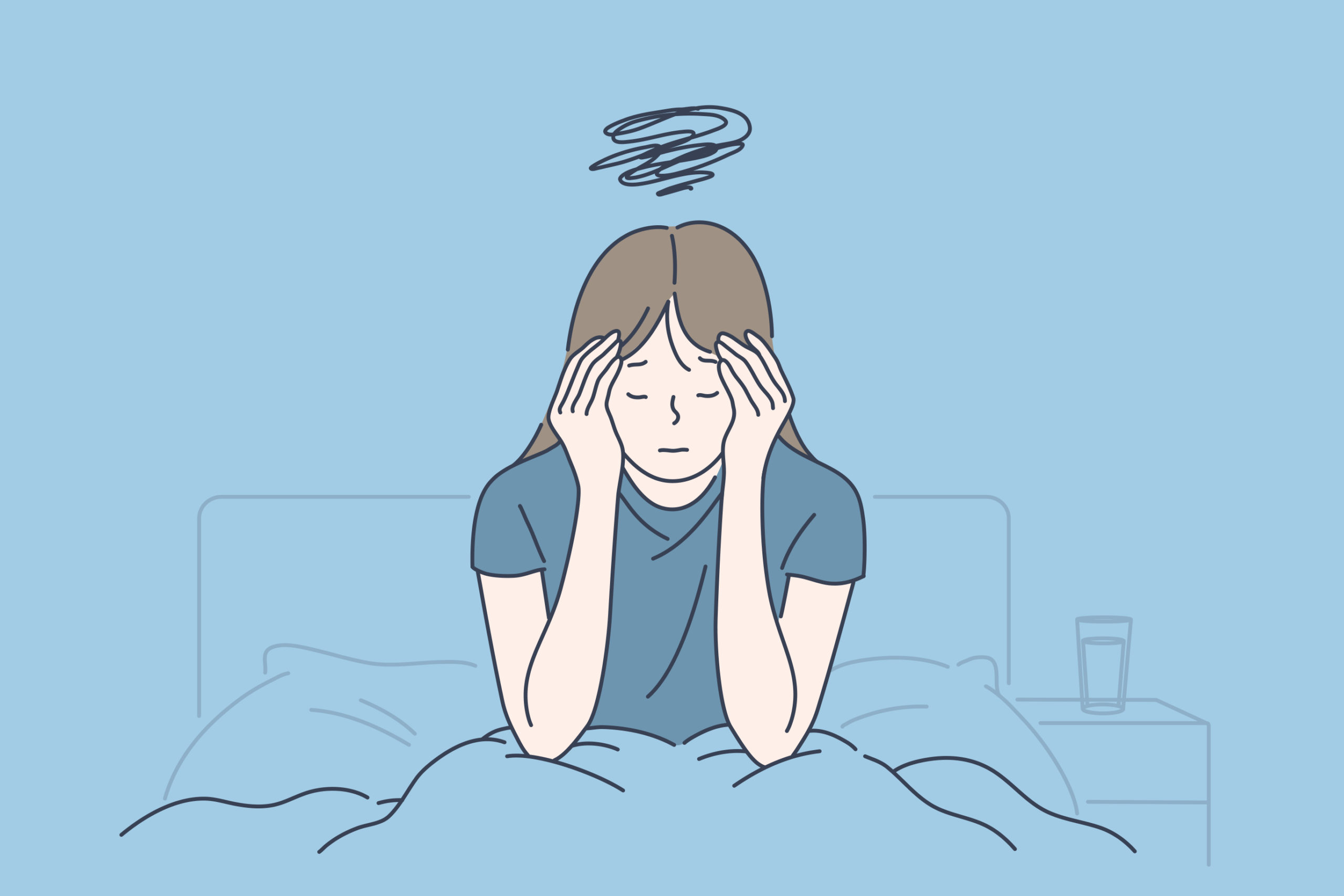The mind has a way to affect the body either positively or negatively. If you keep on overthinking and ruminating about something that recently happened or something about the past, then sooner or later you might see how it negatively affect your health and wellbeing. Know how mindful thinking help calm the mind.
Ruminating and Overthinking

The “act of thinking deeply” or “the tendency to engage in sustained, repetitive thinking about negative topics” defines ruminating. We have a tendency to think worse about things especially when we are not confident enough about ourselves or about what we are doing. We can also see rumination in people who are suffering from depression or from current personal problems. Rumination is a repetitive behavior or pattern of thinking that is why people who experience them often found themselves thinking over and again about the meanings, consequences or causes of the depressive symptoms. Here are some examples of rumination:
- Feeling upset about work that causes you to relive the moment all over again, feeling and thinking about what happened that causes you to feel bad.
- When arguing with a friend or a relative, you kept on thinking about the fight you had and reflect on what you did wrong or you shouldn’t have said to them.
- Receiving negative remarks at work that made you lose confidence. You kept on thinking about it and often associate these negative feelings to your behavior.
Overthinking is the act of thinking too much, instead of acting or doing things, you end up overthinking. Overthinking leads to over analyzation or commenting on the same thoughts over and again. People overthink because they are putting pressure on themselves as they are scared to make mistakes. Here are some examples of overthinking:
- When making a decision, you kept on questioning the decision and letting your thoughts dive-in to the what ifs and what nots of it.
- When you are trying to understand why a certain person behaves or acts the way they did. You tend to read what they are doing and give meaning to it all over again.
- When you are conscious of even the smallest of details and gives meaning to it by thinking about it multiple times.
Overthinking and rumination are two different things. The former kept on thinking about things too much while the latter is the repeated act of thinking negatively. You can ruminate while overthinking and vice versa.
Effects of Overthinking and Ruminating
Too much thinking is not healthy for your body. It is the same as pushing your body to its limit, it becomes tired and overworked. Rumination and overthinking may be a common coping mechanism for some, but what they didn’t know is how badly it affects their body. Some studies show that people who often ruminate or overthink has a high chance of having depression and having a depressed mood. The repeating negative thoughts that happened to them in the past may cause them to interpret their current lives negatively and they lose confidence in themselves.
Also, overthinking and ruminating has been associated with mental health issues such as depression, anxiety, post-traumatic stress disorder and borderline personality disorder. This is because prolonged overthinking and rumination may already be considered as negative feelings which is a symptom of mental health illness.
Ways to Stop Ruminating and Overthinking

Mindfulness thinking exists to help out these problems regarding repeated negative thoughts. It is a simple practice of mindfulness that generally acts on a way of thinking of an individual. In this way, we can train the brain to focus its attention on the state of being mindful. We listed down a few mindful thinking exercises that you can try to lessen the thoughts inside your head:
1. Mindful Breathing – be aware of your breathing and bring yourself to focus on the act of breathing by slowly inhaling air, feeling your chest rise and slowly exhaling. Try your best to focus on your breathing while you reflect on you your feelings and thoughts for a few minutes.
2. Practice mindful yoga – Yoga does not only make your mind focus on what you are doing but also strengthens your body as it involves being aware of your bodily sensations while breathing in a relaxed state.
3. Mindful walking – take some time to go to a nearby park or at your backyard and just focus on the surroundings. Appreciate what you are seeing while concentrating on your breathing.
4. Guided meditation – if you think you cannot meditate on your own, you can try guided meditation where an instructor is guiding you while meditating.
5. If you are in a middle of a stressful situation or just feeling anxious for some reason, take a break and try to practice breathing for a few minutes. This will help clear your mind and just bring your focus on your breathing.
